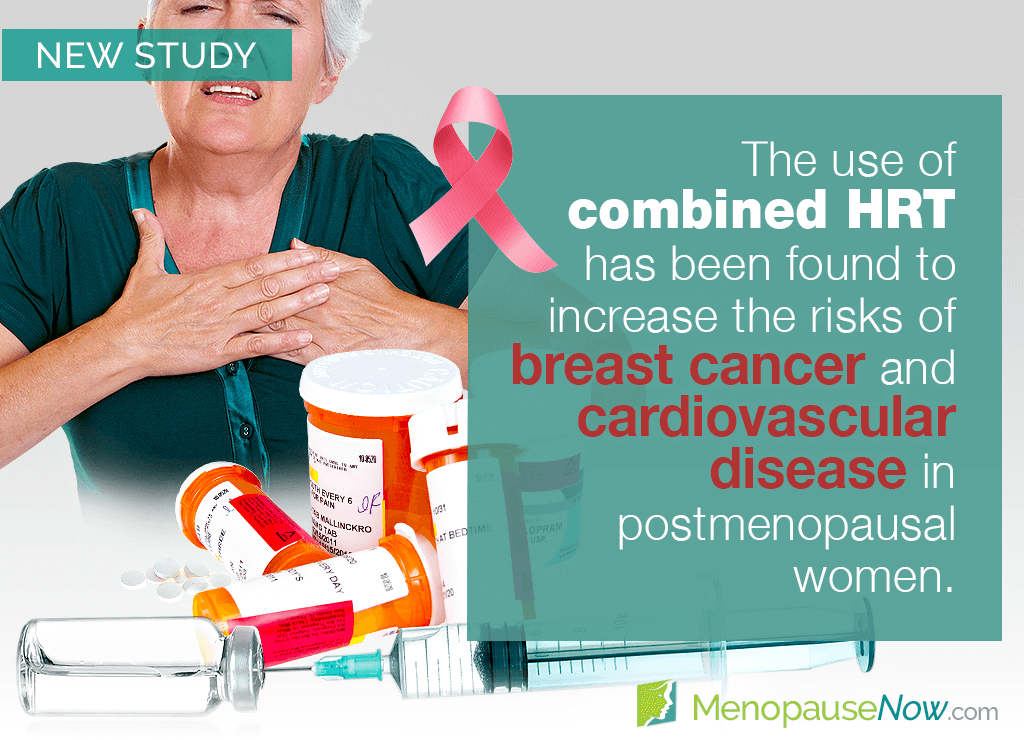To evaluate the risks and benefits of hormone replacement therapy (HRT) as well as other health strategies, the U.S. National Institutes of Health (NIH) launched a series of long-term national trials, conducted under the Women's Health Initiative (WHI).1 Because of strong evidence of serious health risks, the HRT trial was ended prematurely.
Study Design
This randomized controlled primary prevention trial took place at 40 clinical centers throughout the United States from 1993 until its termination in 2002. The final analysis was originally planned for 2005.
The trial enrolled 16,608 postmenopausal women, aged 50-79, who had not undergone a hysterectomy, which means they still had a uterus. They were randomly assigned to two groups: experimental and control.
Women in the experimental group received one tablet a day containing conjugated equine estrogen (0.625 mg) and medroxyprogesterone acetate (2.5 mg), whereas those in the control group were given placebo tablets.
Phone follow-ups were scheduled every six months to assess experienced symptoms, concerns, and participants' adherence to the program. An annual visit at the clinic consisted of mammograms and clinical breast examinations, while an electrocardiogram (ECG) was done before the study and at the 3- and 6-year follow-ups.
Study Findings
In 1999, three years before ending the trial, researchers saw early indications of adverse effects of HRT on heart health. In 2000 and 2001, an increased incidence of myocardial infraction, stroke, and pulmonary embolism was observed. Yet the study continued because it was still not clear whether benefits outweighed those risks.
However, the discovery of higher breast cancer rates resulted in the clinical trial being stopped early in 2002. The following results were observed in the experimental group relative to the placebo:
Cancer. There was a 26% increase of breast cancer rates in women taking HRT. Colorectal cancer rates decreased by 37%.
Cardiovascular disease. There was a 22% increase in total cardiovascular disease, including higher rates of coronary heart disease (by 29%), stroke (by 41%), and blood clots.
Fractures. There was a significant reduction in hip, vertebrae, and other fracture rates due to osteoporosis among women on HRT.
What Does It Mean?
The conclusion of this WHI HRT study trial was clear: postmenopausal women taking HRT are more prone to serious health risks, including breast cancer, heart disease, stroke, and blood clots.
Even though the study did find that hormone therapy may contribute to decreasing fracture and colorectal cancer rates, researchers determined that HRT risks exceed benefits.
As a result, HRT was no longer recommended as primary prevention for coronary heart disease, and more cautious use of HRT was suggested for postmenopausal women, including its discontinuation or dose reduction.
The WHI was one of the longest and most extensive prevention trials ever conducted in the United States. It was also the first trial evaluating the benefits and risks involved in the use of hormone therapy for women's health.
Sources
- JAMA. (2002). Risks and benefits of estrogen plus progestin in healthy postmenopausal women: principal results from the Women's Health Initiative randomized controlled trial. Retrieved September 14, 2020 from https://pubmed.ncbi.nlm.nih.gov/12117397/
Footnotes:
- Women's Health Initiative. (n.d.). Changing the future of women's health. Retrieved September 15, 2020 from https://www.whi.org/

